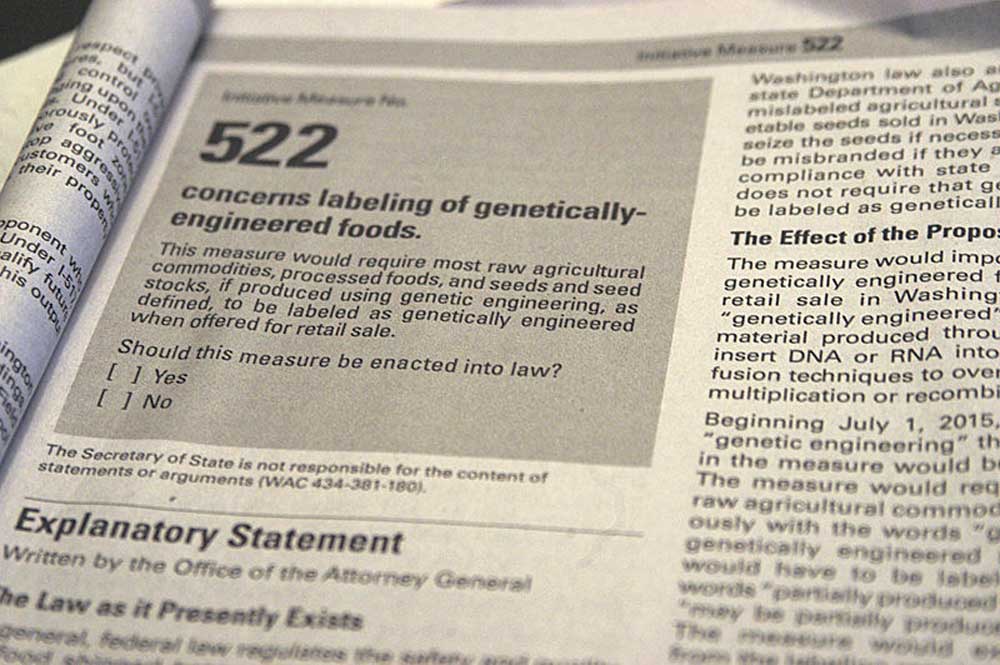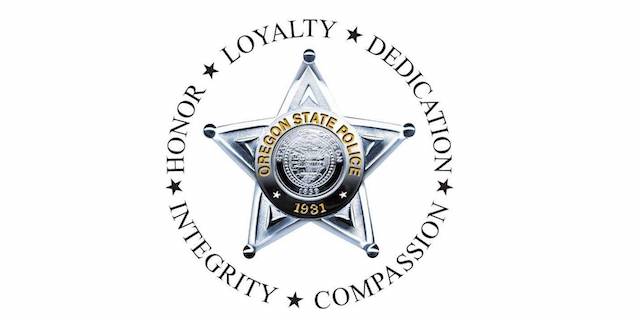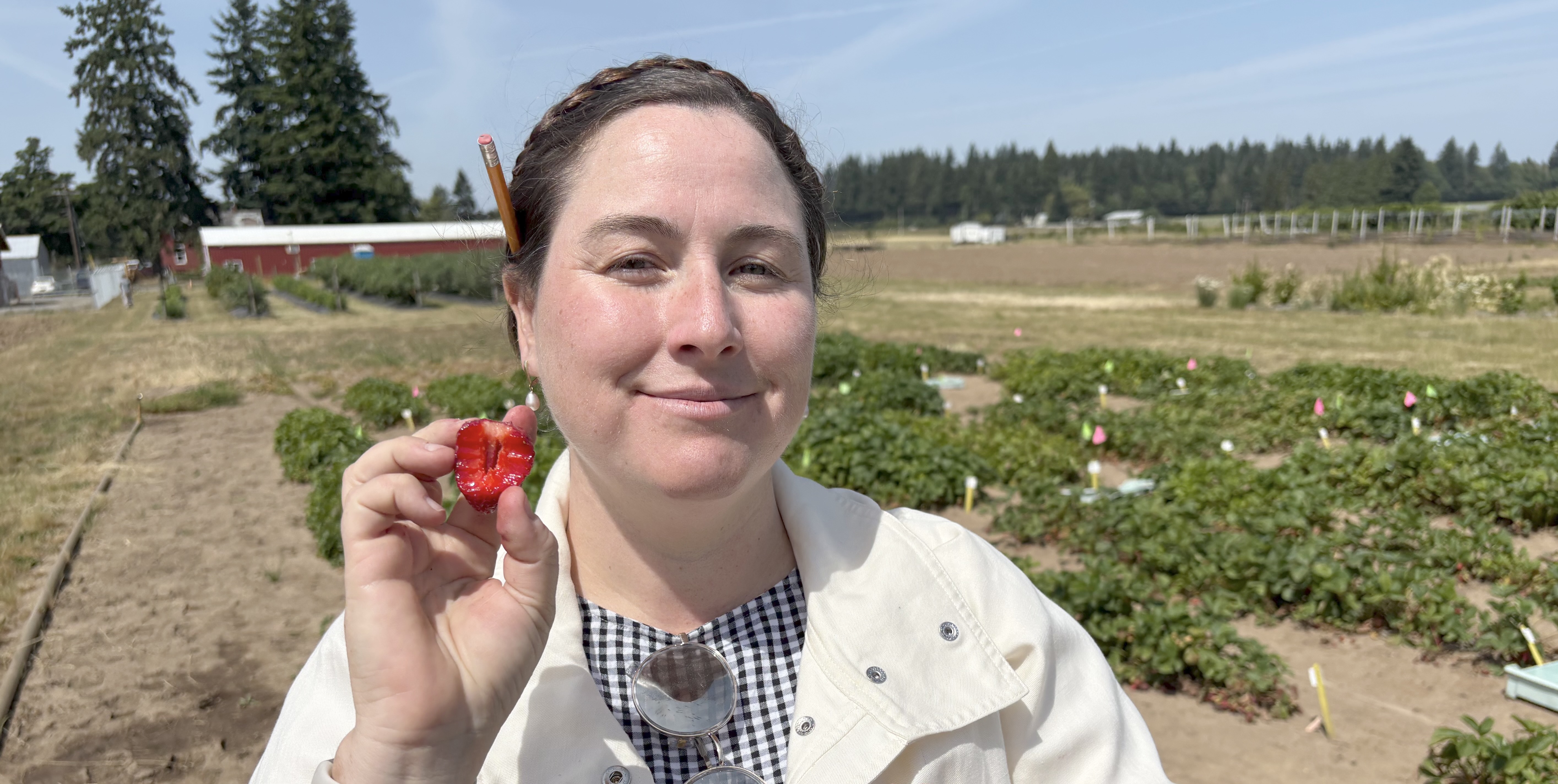Food industry heading back to Washington Supreme Court
Published 4:00 pm Sunday, September 5, 2021

- Initiative 522 led to the most expensive political campaign ever in Washington and the biggest penalty ever in the U.S. for violating campaign disclosure laws. A Washington state judge on March 1 added $1.1 million in legal fees to the $18 million judgment she imposed last year on the Grocery Manufacturers Association.
The Washington Supreme Court will hear arguments Sept. 28 on whether an $18 million fine against food companies for illegal campaign activities was a politically motivated assault on political speech.
The Grocery Manufacturers Association alleges in a Sept. 1 filing that it was the victim of “viewpoint discrimination,” a claim seconded by the Washington Farm Bureau and other business groups.
The association was fined a record-shattering $18 million for reporting late the names of the food and beverage companies that spent $11 million to defeat a GMO-labeling initiative in 2013. The group has since changed its name to the Consumer Brands Association.
The high court last year ruled the association intentionally broke the state’s Fair Campaign Practices Act. At issue still is whether the fine was excessive and has the potential to make trade groups shy away from political campaigns.
The Farm Bureau and other business organizations have filed an amicus brief asking the court to consider whether the fine chills speech and whether the food industry was selectively prosecuted.
The grocery association argues it should be fined $622,800, a penalty based on the number of late filings. It has given up regaining the $1 million in legal fees it was ordered to pay the state.
The association contributed to the “no” campaign under its name. Under scrutiny by the state, the association reported the donor companies before the election. No voter should have been misled about the economic motives of a group called “Grocery Manufacturers Association,” according to group’s brief.
“It was the amount of money GMA spent (i.e., the amount of political speech GMA engaged in), coupled with hostility to GMA and its message, that led to the massive fine in this case, not any consequence of GMA’s non-disclosure,” the brief claims.
The food companies complain they were were treated more harshly than a pro-labeling group, Food Democracy Action!
Food Democracy belatedly named 7,000 people who contributed $200,000 to the unsuccessful “yes” campaign. It was fined $319,281 based on the amount it raised and the tardiness of reports.
In prosecuting the grocery association, the attorney general’s office sought and won a tripling of a base $6 million fine by convincing Thurston County Superior Court Judge Anne Hirsch that the association knowingly broke the law.
The attorney general did not seek to triple Food Democracy’s fine. The pro-labeling group told donors on its website that their names would be disclosed under Washington law, but the names weren’t reported until after the election and the Public Disclosure Commission had started investigating.
The attorney general’s office denies the grocery association was punished for its viewpoint, arguing the the $18 million fine was proportional to the size and sophistication of the national group’s concealment.
In a press release celebrating the fine, Attorney General Bob Ferguson said he took the association to trial to hold them accountable “for their arrogance,” a phrase reprinted and bold-faced in the grocery association’s brief.
The attorney general’s office also criticized Food Democracy. “I won’t tolerate violators compromising the transparency of our elections,” Ferguson stated in a press release on that group’s fine.
Judge Hirsch did not explain how she arrived at the $6 million base penalty. The grocery association said a per-day fine for late reports would “avoid the black-box arbitrariness reflected here.”






